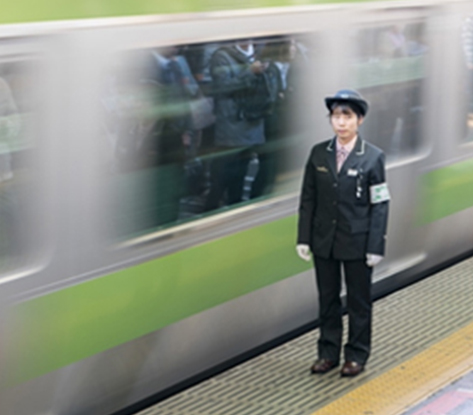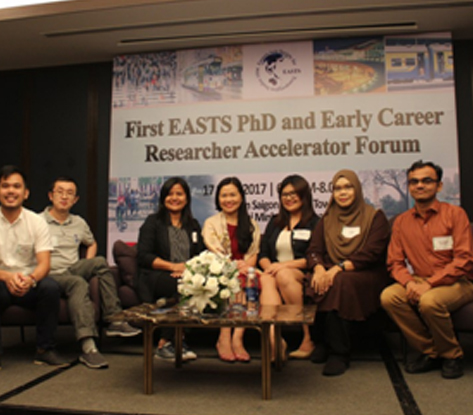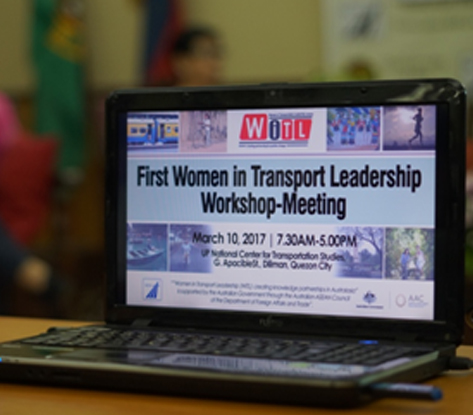
We are the Women in Transport Leadership Knowledge Network (WiTL), the first knowledge network created in the Asia-Pacific region, solely dedicated to empowering women and developing a critical mass of female transport leaders.
We support the United Nations’ Sustainable Development Goal (SDG) 11 (make cities inclusive and safe, resilient and sustainable) and SDG5, empower women and girls by engaging academia, governments and industry through joint project collaborations to support gender and transport research, education and practice, WITL aims to advance knowledge on the topic of gender and transport in Asia and the Pacific
Learn how you can join, participate, and contribute to our projects and programs.
Know MoreOften overlooked in conventional transport planning are gender issues associated with participation and use of the transportation system. This has resulted in several issues emerging across geographies, including violence and harassment in public transport, lack of women-friendly mode of transportation, and lack of recognition of gendered travel patterns and mobility needs.
The Gender and Transport Assemblage of Learning and Knowledge) acts a unifying framework to raise awareness and to embed planning/policies that will help advance the shared regional opportunity of shaping more gender-inclusive and responsive transportation sector in Australia and Asia-Pacific.
Learn about our upcoming GTALK activities.
Know More

Read about our city reports exploring women’s mobility issues and experience during COVID-19 and late shift active transport.
FIND OUT MORE
Learn more about the Early Career Researcher Forum, building research capability of Early Career Transport Researchers.
FIND OUT MORE
Listen to the career journeys and the role of women transport leaders in pandemic response, inspiring and encouraging more.
FIND OUT MORE
WITL acknowledges the Traditional Owners of the land, sea and waters of the area where we work and live (across Australia and Asia). We acknowledge their continuing connection to their culture and pay our respects to their Elders past and present. We celebrate the stories, culture and traditions of First Nations Elders of all communities who also work and live on this land.

Women's empowerment has five components: women's sense of self-worth; their right to have and to determine choices; their right to have access to opportunities and resources; their right to have power to control their own lives, both within and outside the home; and their ability to influence the direction of social ...
Generally, women show a more positive green consumption intention, consume less carbon, and purchase green products more frequently. Whereas men are doing better than women in terms of environmental knowledge, and in some regions, they express higher concerns about environmental problems.
Empowering women is essential to the health and social development of families, communities and countries. When women are living safe, fulfilled and productive lives, they can reach their full potential. contributing their skills to the workforce and can raise happier and healthier children.
It was 1848 AD when India got its first woman educator in the form of “Savitribai Phule”. This year marks the rise of women's empowerment in India as Savitribai Phule busted the social norm that a woman cannot be educated.
Women empowerment refers to making women powerful to make them capable of deciding for themselves. Women have suffered a lot through the years at the hands of men. In earlier centuries, they were treated as almost non-existent. As if all the rights belonged to men even something as basic as voting.